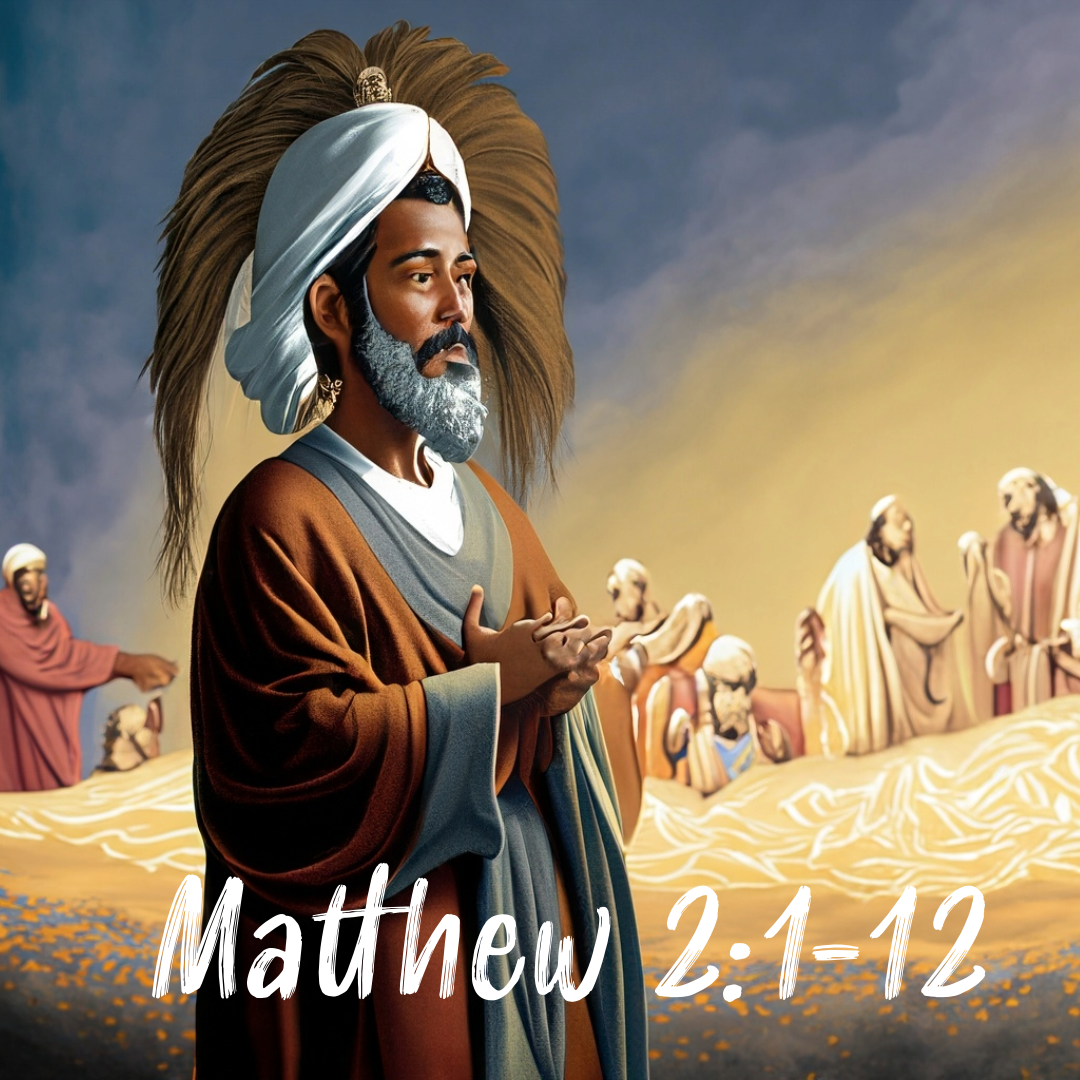The Universal Revelation: Embracing the Epiphany's Message of Inclusion and Grace
The Epiphany is a pivotal moment in Christian theology, marking the revelation of Jesus Christ's divinity to humanity. It is a celebration of intuitive understanding and the unveiling of God's salvation plan, which is not confined by cultural or ethnic boundaries. The visit of the Magi, as detailed in the Gospel of Matthew, is not merely a historical account but a profound spiritual insight into the inclusive nature of divine love.
Astrologers from the East, the Magi, embarked on a journey guided not by their wisdom but by a celestial sign—a divine star. Their pilgrimage culminated in Bethlehem, where they honored the infant Jesus with gifts befitting royalty. Yet, their homage was the acknowledgment of Jesus as the savior for all, transcending the Jewish lineage to embrace Gentiles and every corner of the world.
The story of the Magi dispels several myths, revealing that their true wisdom came from an openness to divine guidance. Their positive portrayal contrasts with the often negative depiction of wise men and magicians in the Old Testament, highlighting the unexpected ways God communicates His salvation. The prophecy of Micah, which pinpointed Bethlehem as the birthplace of a ruler, further illustrates that human expectations do not limit God's redemptive plan.
The sacraments of baptism and the Eucharist are concrete expressions of the Epiphany's message. In baptism, individuals are marked with the triune name, signifying their faith and connection to Christ's sacrifice. The Eucharist transforms ordinary bread and wine into communion with Christ's body and blood, reinforcing the promise of eternal life and the strength of faith.
Salvation, as proclaimed by the Epiphany, is a gift extended to all who believe. This revelation brings comfort and assurance, affirming that righteousness is granted through Christ's actions, not one's own. The peace of God, which surpasses all understanding, stands as the guardian of hearts in Christ Jesus.
The Epiphany signifies a profound spiritual revelation that transcends cultural and ethnic boundaries, demonstrating that the divine nature of Jesus Christ is accessible to all. This inclusivity is a cornerstone of Christian faith, emphasizing the universal scope of God's love and salvation.
The Magi's journey, guided by a star, symbolizes the divine guidance that leads individuals to the truth of Christ's birth and mission. Their story encourages the belief that wisdom and understanding often come from unexpected sources and that God's revelations can defy human expectations and societal norms.
While traditionally seen as offerings to a king, the gifts of the Magi also reflect the more profound recognition of Jesus' identity as the savior. This act of homage from the Gentiles foreshadows the global impact of Jesus' ministry and the far-reaching implications of his sacrificial love.
The sacraments of baptism and the Eucharist are tangible expressions of the Epiphany's message, serving to unite believers with Christ and his redemptive work. These rituals reinforce the promise of forgiveness and eternal life, anchoring the faithful in the hope of the Gospel.
The Epiphany challenges believers to be bearers of light in their various vocations, inspired by the sudden awareness of God's love and salvation plan. This call to action is rooted in the transformative knowledge of Christ's sacrifice, motivating the faithful to live out their justified and righteous status through service and witness.
As the light of the Epiphany continues to shine, it beckons every individual to partake in the revelation of divine love. It is a call to recognize the universal reach of Christ's message and to embody the grace and inclusion that it represents. Let the story of the Magi inspire a journey of faith, leading to a deeper understanding of salvation's embrace, which knows no bounds.
